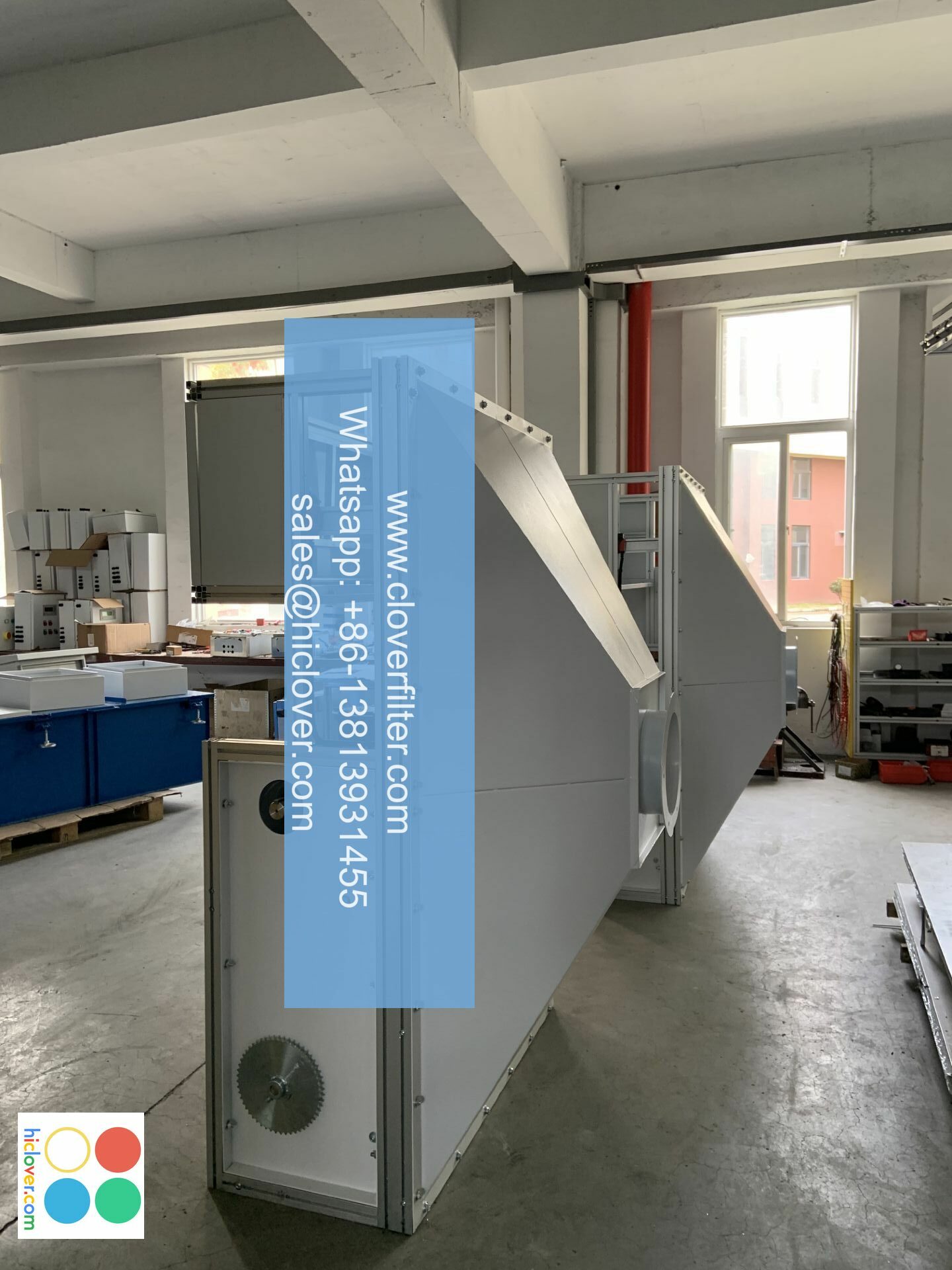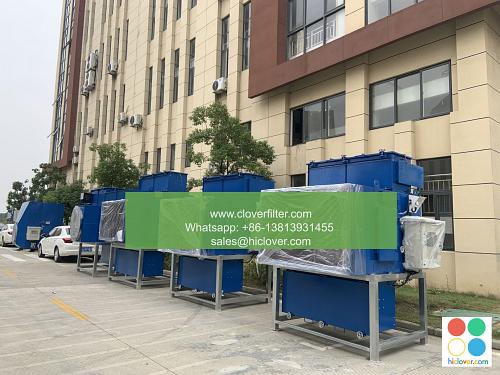Air Filter Software for Commercial Buildings: A Cost-Effective Solution

The air quality in commercial buildings is a critical aspect of maintaining a healthy and productive indoor environment. With the increasing awareness of indoor air quality (IAQ) and its impact on occupants’ health, building owners and facility managers are looking for innovative solutions to optimize air filtration systems. Air filter software is an emerging technology that provides a cost-effective and efficient way to manage air filtration systems in commercial buildings. In this article, we will explore the benefits and applications of air filter software, highlighting its potential to improve indoor air quality monitoring, energy efficiency, and cost savings.
What is Air Filter Software?
Air filter software is a digital platform that uses Internet of Things (IoT) sensors and machine learning algorithms to monitor and control air filtration systems in commercial buildings. This software collects data on particulate matter, gases, and humidity levels in the air, providing real-time insights into the performance of air filters and the overall indoor air quality. By analyzing this data, the software can detect potential issues, optimize filter replacement schedules, and provide recommendations for improvement.
Benefits of Air Filter Software
The implementation of air filter software can bring numerous benefits to commercial buildings, including:
* Improved indoor air quality: By monitoring and controlling air filtration systems, air filter software can help remove pollutants and allergens from the air, creating a healthier indoor environment for occupants.
* Energy efficiency: Air filter software can optimize filter replacement schedules, reducing the energy consumption of air handling units and minimizing the carbon footprint of commercial buildings.
* Cost savings: By extending the lifespan of air filters and reducing the frequency of replacements, air filter software can help building owners and facility managers save money on maintenance costs and replacement parts.
* Enhanced operational efficiency: Air filter software can provide real-time data and analytics, enabling facility managers to make data-driven decisions and optimize the performance of air filtration systems.
Application Areas
Air filter software can be applied in various commercial building settings, including:
* Office buildings: Air filter software can help create a healthy and productive indoor environment for employees, improving productivity and wellness.
* Hospitals and healthcare facilities: By maintaining high levels of indoor air quality, air filter software can help reduce the risk of infections and allergies in patients and staff.
* Schools and educational institutions: Air filter software can help create a healthy learning environment, improving student performance and attendance.
* Industrial and manufacturing facilities: Air filter software can help optimize air filtration systems, reducing the risk of equipment damage and product contamination.
Conclusion
Air filter software is a cost-effective solution for commercial buildings, providing a range of benefits that can improve indoor air quality, energy efficiency, and cost savings. By leveraging IoT sensors and machine learning algorithms, air filter software can help building owners and facility managers optimize air filtration systems, creating healthier and more productive indoor environments for occupants. As the demand for indoor air quality monitoring and energy efficiency continues to grow, air filter software is poised to become an essential tool for commercial building management. It seems like you’re ready to start a conversation or ask a question, but you haven’t provided any details yet. What’s on your mind? Would you like to discuss a particular topic, ask for advice, or something else? I’m here to help with any questions or topics you’d like to explore.

